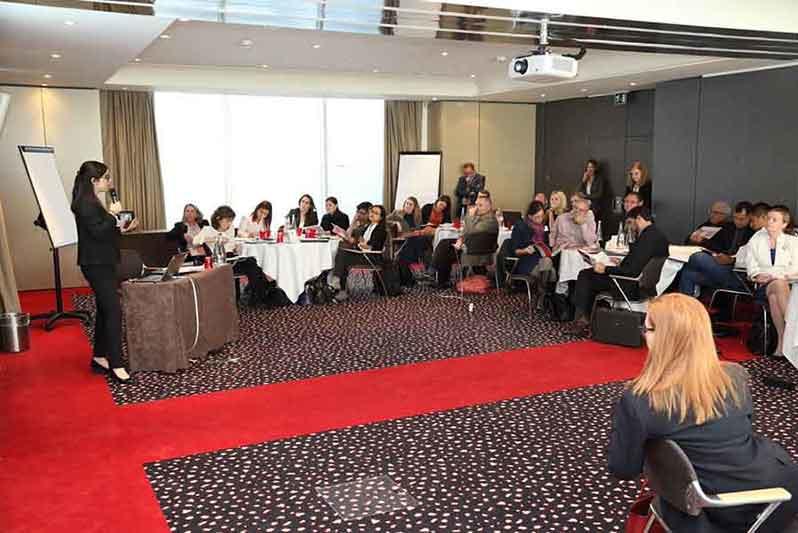New Report: Guiding Principles for Quality Cancer Treatment Services
, by Hedieh Mehrtash
Cancer rates are rising around the world. Estimates indicate that, by 2020, 60% to 70% of all new cancers will occur in the developing world. Despite the scientific advances in cancer care in high-income countries, high-quality cancer care is often inaccessible in in low- and middle-income countries (LMICs). Coordinated global efforts are urgently needed to improve cancer services and plan programs that are both evidence based and delivered in ways that are feasible, cost-effective, contextually appropriate, and sustainable.
The growing burden of cancers is expected to urban population; small and big cities. At present, more than 50% of the world’s population live in urban cities, and based on current trends, that majority is set to grow to above 60% over the next ten years. As we work with countries around the world to strengthen access to quality cancer care, we must look to see how we can strengthen cancer treatment systems within cities.
C/Can 2025 is a first-of-its-kind multi-sectorial initiative led by UICC which aims to increase the number of people with access to quality cancer care services in cities around the world. The network of partners involved in C/Can 2025 help countries meet global commitments to reduce premature deaths from NCDs by 25% by 2025 into action through support and investment at the city-level.
In this report [1], we provide city leaders a baseline or “entry point” which consists of a set of evidence-based core elements for a cancer treatment solution within a multi-disciplinary cancer care facility recognizing the spectrum of clinical services required to provide a quality cancer diagnosis and curable and palliative treatments. This foundational baseline can then be built upon depending on each city’s stage of development (e.g. human, financial & technical resources; health priorities; cancer burden etc.). Given that each city is unique in its social, economic, and environmental development, as well as population differences, there is there is no ‘one-size-fits-all’ city cancer treatment solution.
It was exciting to see this report launched in support of C/Can 2025: City Cancer Challenge at Davos, and presented in commemoration of World Cancer Day 2017. To download the report in its entirety, please visit CGH Resources.
This was a great experience in better understanding the multi-disciplinary and coordinated efforts needed for cancer care. There is also no ‘one size fits all model’ in delivering care, and through this process I learned that there is still a great need for metrics and health outcomes research for cancer care in LMICs. I look forward to developing skills to bolster population health research to address the growing needs of populations affected by cancer worldwide.
